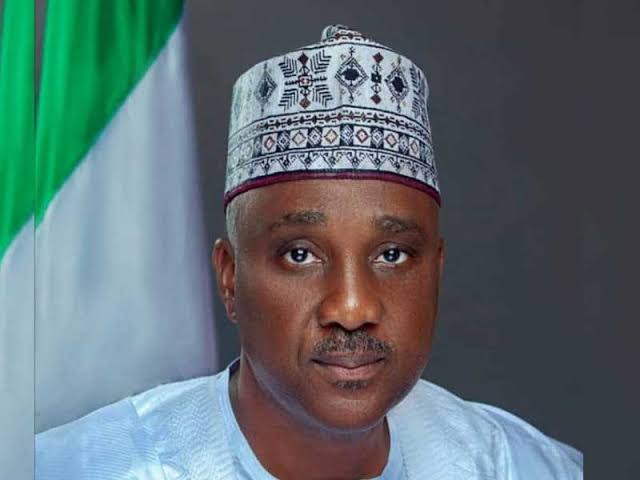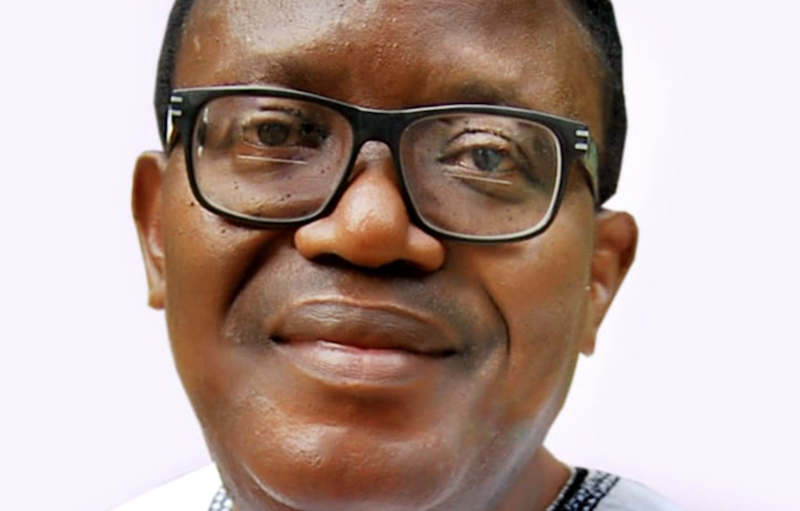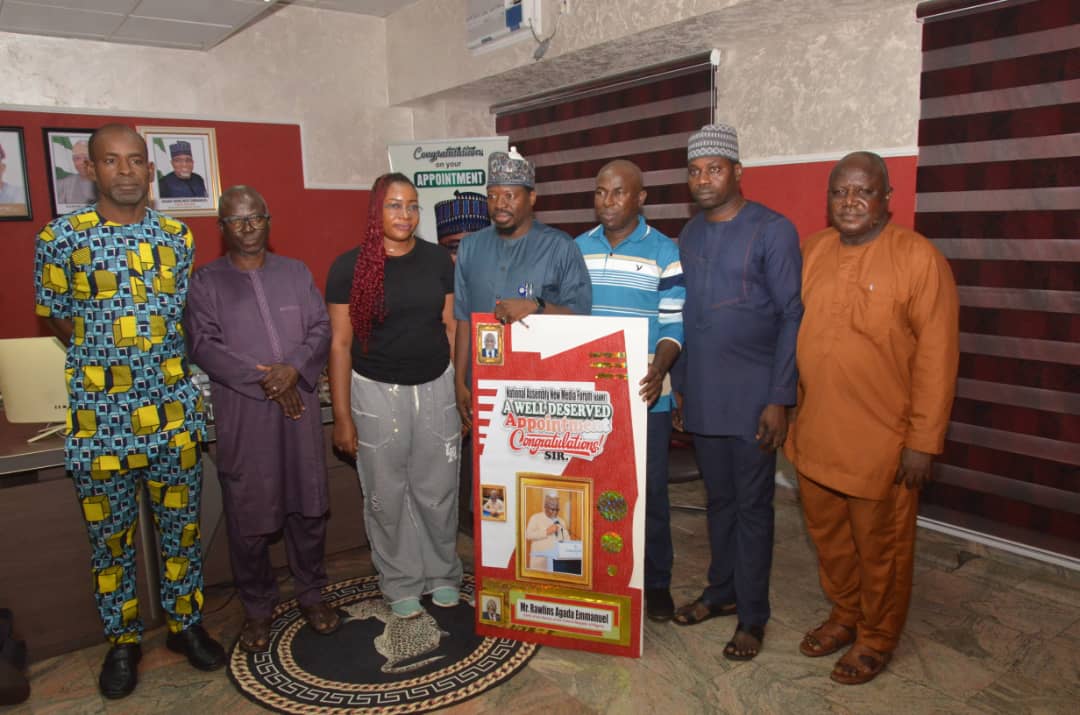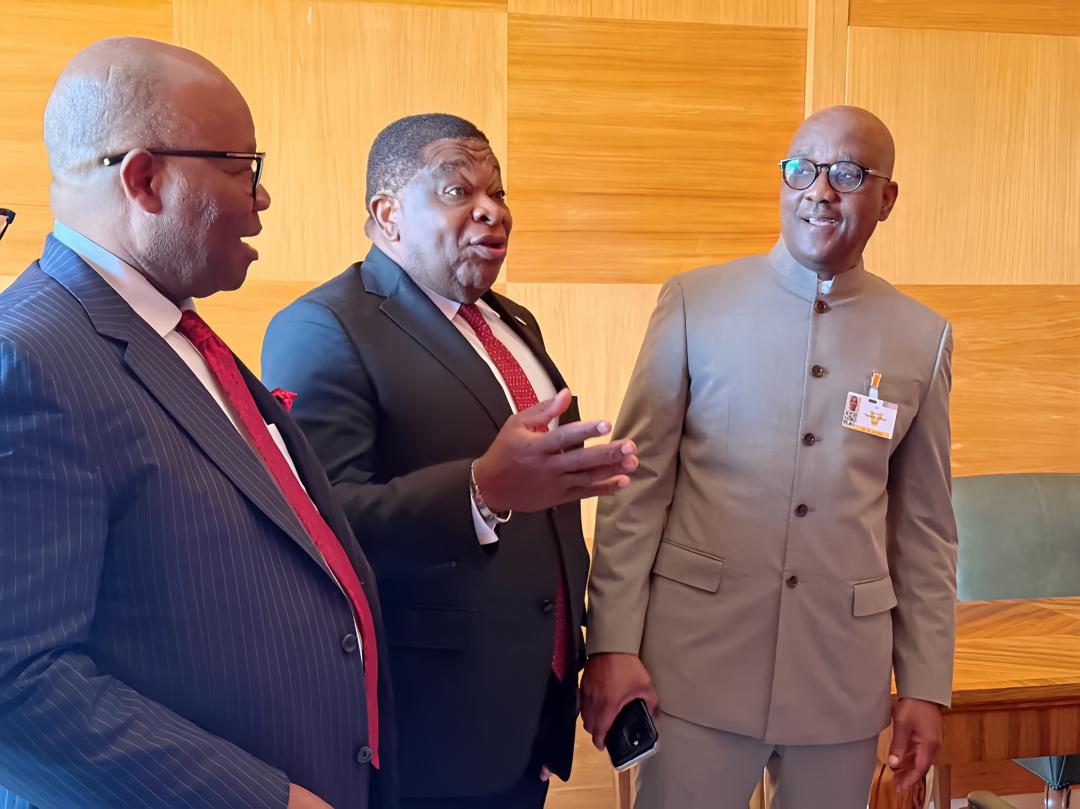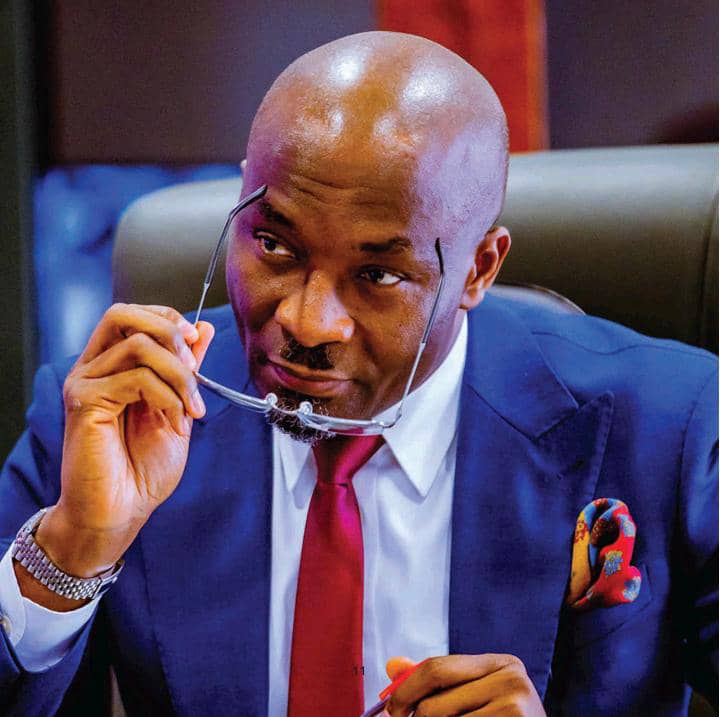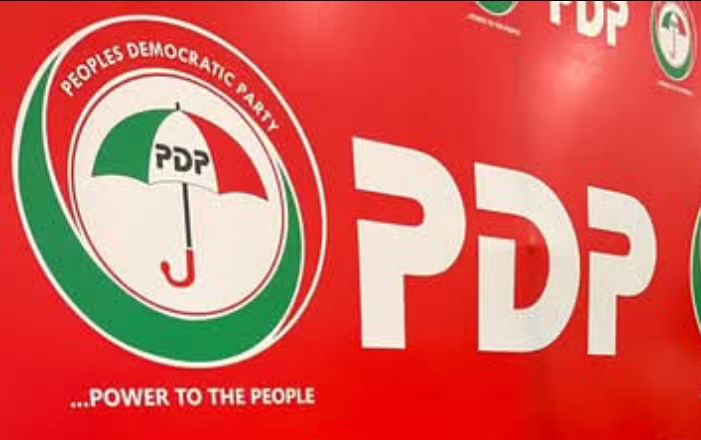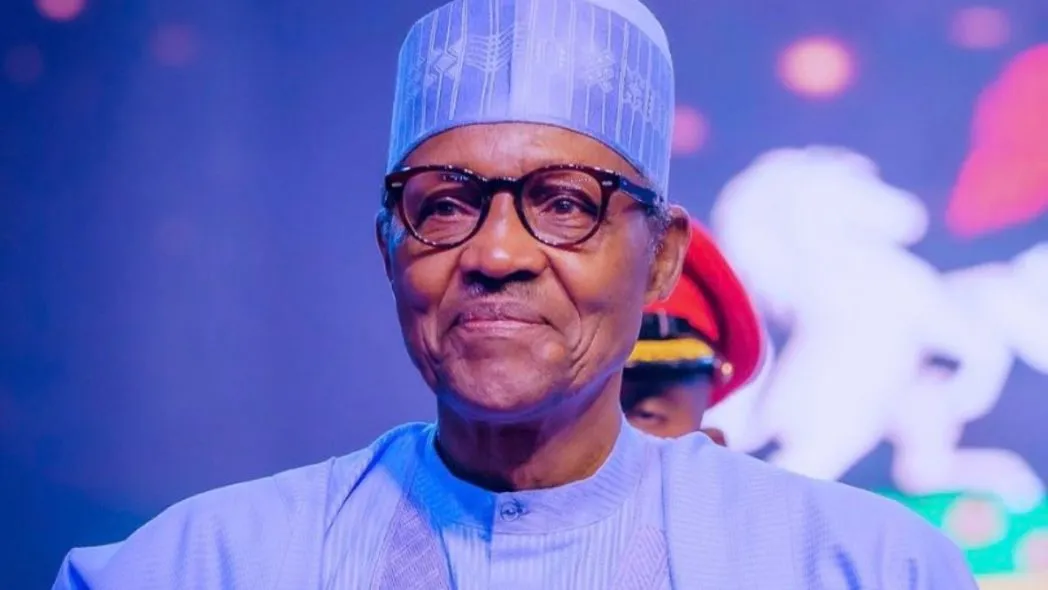The Senate on Wednesday called on the Federal Government to immortalise the late former President of Nigeria, Muhammadu Buhari, by naming a national monument after him.
The resolution followed a motion moved by the Senate Leader, Opeyemi Bamidele, during plenary.
The upper chamber also commended the Federal Government for organising a befitting State Funeral for the late President and observed a minute’s silence in his honour.
In his motion, Bamidele expressed deep sorrow over Buhari’s passing, describing him as a leader who left an indelible mark in Nigeria’s history.
He said it was important for the Senate to honour the former President, whom he described as a patriot of great significance.
“As I move this motion today, I am reminded of the transient nature of human life.
“However, our consolation is that our former President led a successful and fulfilled life, both as a gallant soldier who rose to the peak of his military career, and as a democrat who served two uninterrupted terms as President,” Bamidele stated.
He recalled Buhari’s political journey, noting that he contested for the presidency in 2003 and 2007 under the defunct All Nigeria Peoples Party (ANPP), and again in 2011 under the Congress for Progressive Change (CPC).
“His persistence paid off in 2015 when he won the election under the All Progressives Congress (APC) and was re-elected in 2019.
“As President, he embarked on numerous reforms that contributed to the socio-economic development of the country,” Bamidele added.
He regretted that on Sunday, July 13, Buhari passed away at a hospital in London, marking the end of an era that, he said, would remain etched in the minds of Nigerians.
“May his legacy continue to guide and inspire future generations, and may his soul rest in peace,” he said.
Bamidele also noted that, following Buhari’s death, President Bola Tinubu had declared seven days of national mourning and had directed that all national flags be flown at half-mast across the country.
“The Senate, in turn, suspended plenary for one week in his honour,’ he said.
In his contribution, Sen. Abdul’aziz Yari (APC-Zamfara) described Buhari as a man of integrity, incorruptible, and God-fearing.
Similarly, Sen. Seriake Dickson (PDP-Bayelsa) hailed Buhari’s rare opportunity to serve as both military Head of State and later as a democratically elected President.
He also commended President Tinubu for the respect accorded to Buhari in death, describing it as setting “a basic minimum national standard to honour a deceased President.”
Senate President Godswill Akpabio, in his remarks, said the nation would continue to miss Buhari for years to come.
House pays tribute to Buhari
Similarly, the House of Representatives on Wednesday paid tribute to former President Buhari, who died at 82 after a long illness.
Leading the tribute, Speaker Abbas Tajudeen described Buhari as a statesman who left an enduring impact on Nigeria’s democratic and legislative development.
He praised Buhari’s lifelong service, noting his dedication and sacrifices for the growth and unity of Nigeria.
Tajudeen commended Buhari’s strong belief in separation of powers, especially his insistence that ministers and agency heads appear before parliamentary committees.
He said Buhari’s willingness to sign laws limiting executive powers and protecting citizens’ rights reflected rare humility and respect for governance.
Laws like the Not Too Young to Run Act (2018), the Petroleum Industry Act (2021), and the Police Act (2020) were highlighted as Buhari’s legacy.
Others include the Electoral Act (2022), the Startup Act (2022), and the Discrimination Against Persons with Disabilities Act (2018), which Tajudeen said defined Buhari’s tenure.
He also noted infrastructural strides under Buhari, such as the revitalised rail lines — Abuja–Kaduna and Lagos–Ibadan — and the Second Niger Bridge.
Road rehabilitation projects across the country were also highlighted as lasting symbols of Buhari’s infrastructure push.
Rep. Sada Soli (APC-Katsina) described Buhari’s death as an irredeemable loss to his family, the North, and the nation at large.
He said Buhari was the North’s most charismatic leader since the late Sardauna of Sokoto and a patriot of uncommon stature.
Soli lauded Buhari’s six-decade career, saying he remained largely untouched by the corruption and excesses that often accompany political power.
He said Buhari was a moral compass to many Nigerians, admired for his simplicity and incorruptibility.
“Those who knew him will confirm he was deeply spiritual and believed this world is only a shadow of the hereafter,” he said.
Soli added that Buhari was never compromised by power and lived modestly, regardless of his position.
He said Buhari prioritised the poor and vulnerable over personal wealth or gain, always seeking to uplift the downtrodden.
Soli added that Buhari set a standard of leadership that may remain unmatched for years, praying for his eternal rest.
Rep. Nuhu Nalaraba (APC-Nasarawa) noted Buhari’s key role in forming the All Progressives Congress (APC), which led the party to victory in 2015.
He recalled Buhari’s decision to grant bailout funds to state governments struggling to pay salaries early in his administration.
Rep. Lanre Okunlola (APC-Lagos) described Buhari as a leader who embodied sacrifice and commitment to public service.
He recalled Buhari’s iconic quote: “I belong to everybody, I belong to nobody,” describing him as principled and focused.
Okunlola said Nigeria mourns not just a past president, but a father figure to the entire nation.
The House observed a minute’s silence in honour of Buhari, as lawmakers across party lines paid glowing tributes.


